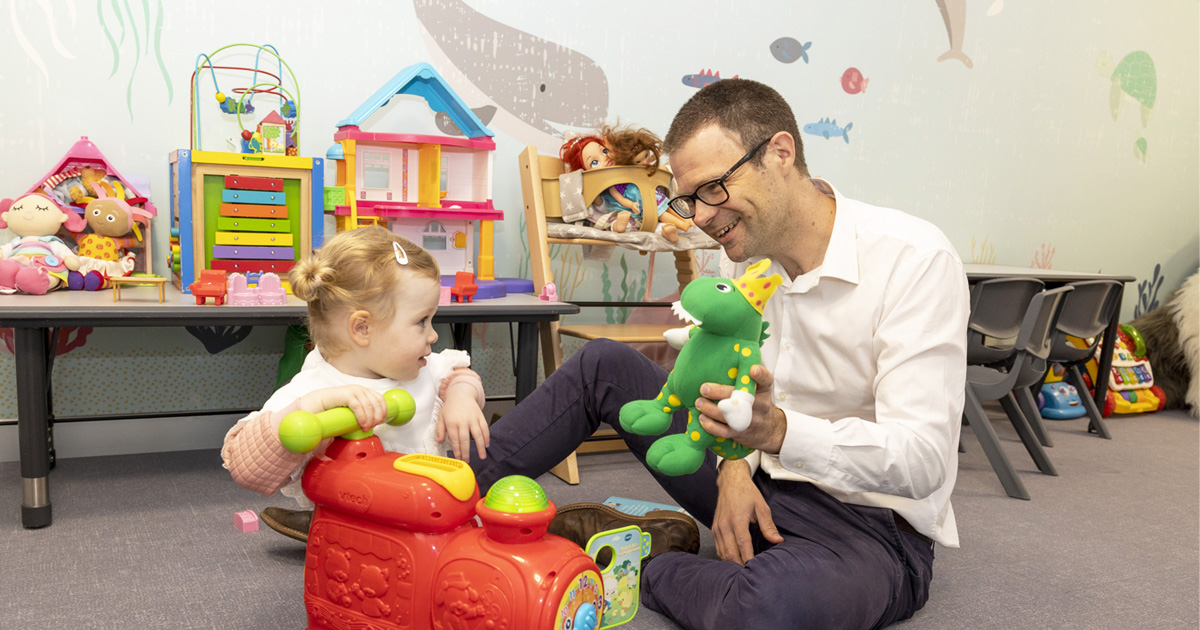Search
Research
Unpacking the complex nature of the autism epidemicThe etiology of autism spectrum disorders is unknown but there are claims of increasing prevalence in many countries.
Research
Do children with autism 'switch off' to speech sounds? An investigation using event-related potentialsAutism is a disorder characterized by a core impairment in social behaviour. A prominent component of this social deficit is poor orienting to speech.
Research
Evidence against poor semantic encoding in individuals with autismThis article tests the hypothesis that individuals with autism poorly encode verbal information to the semantic level of processing, instead paying greater...

News & Events
Renowned Autism Researcher named Western Australian of the YearAutism researcher Professor Andrew Whitehouse has been named this year’s Western Australian of the Year in the HBF Professions category.

News & Events
The Kids welcomes Federal Government’s commitment to early supportThe Kids Research Institute Australia welcomes today’s Federal Government announcement of a new pilot program to support babies showing early social communication differences in Western Australia.

The Sibling Project focuses on children, adolescents and emerging adults who have a sibling with a disability, investigating their mental health, relationships and quality of life.

National Siblings Day is a holiday dedicated to celebrating the bond between siblings. It is a time to recognize the importance of siblings, whether they are brothers, sisters, step-siblings, or even those who feel like family.
We want to hear from siblings living outside of Australian cities!
Research
Caregiver-Mediated Early Support Program Delivered Online Versus Care-as-Usual for Infants at Elevated Familial Likelihood for AutismLiL' STEPS (Language development & Intervention Lab's SupporTing Early social-communication and language by Promoting caregiver Sensitive responsiveness) is a novel, manualized, caregiver-mediated early support program developed in India and delivered online for infants at elevated familial likelihood for autism. The program has been found to be feasible and acceptable. The preliminary efficacy of the LiL' STEPS program, which remains to be evaluated, was assessed in this study using a feasibility randomized controlled trial design.

